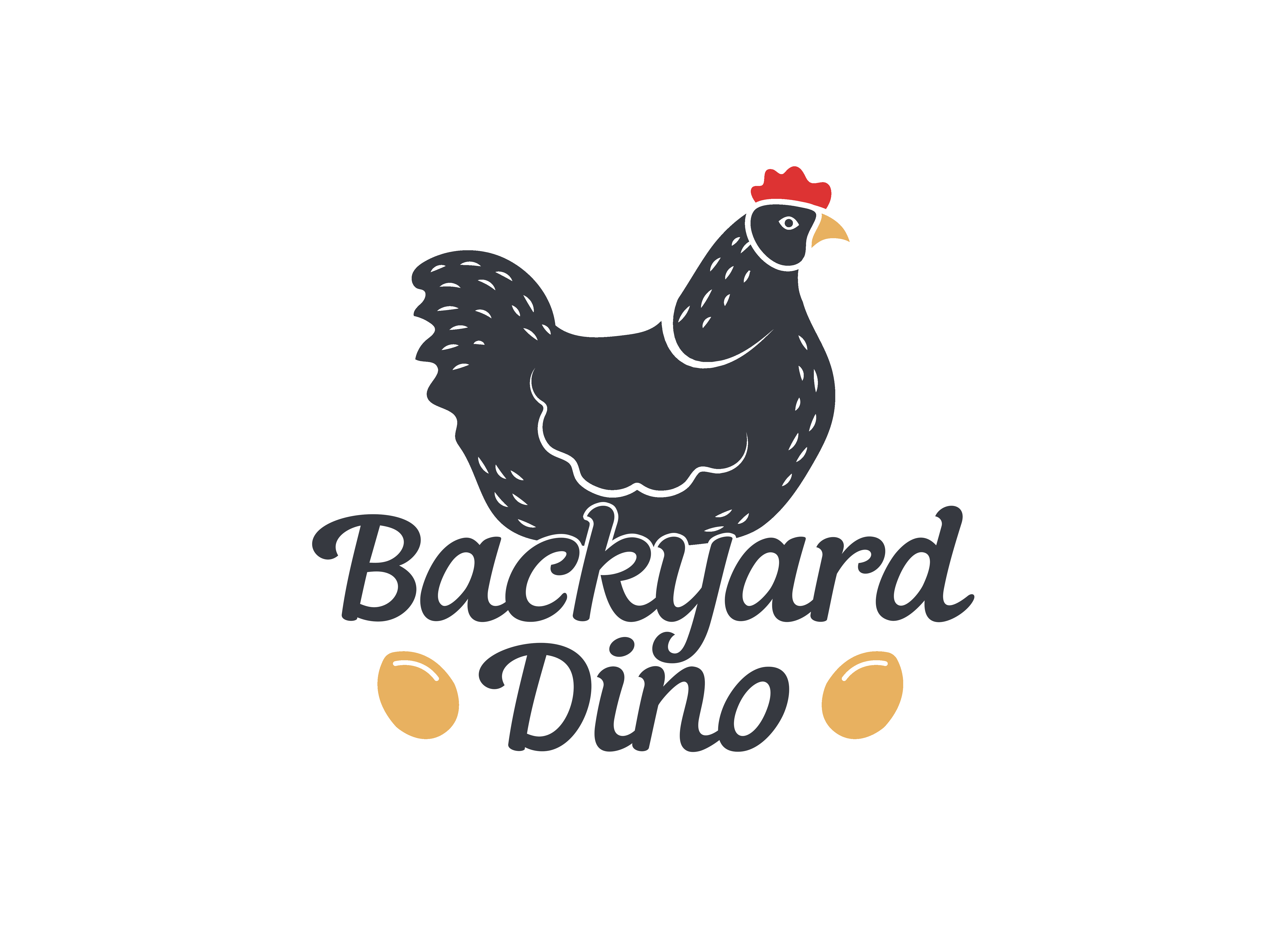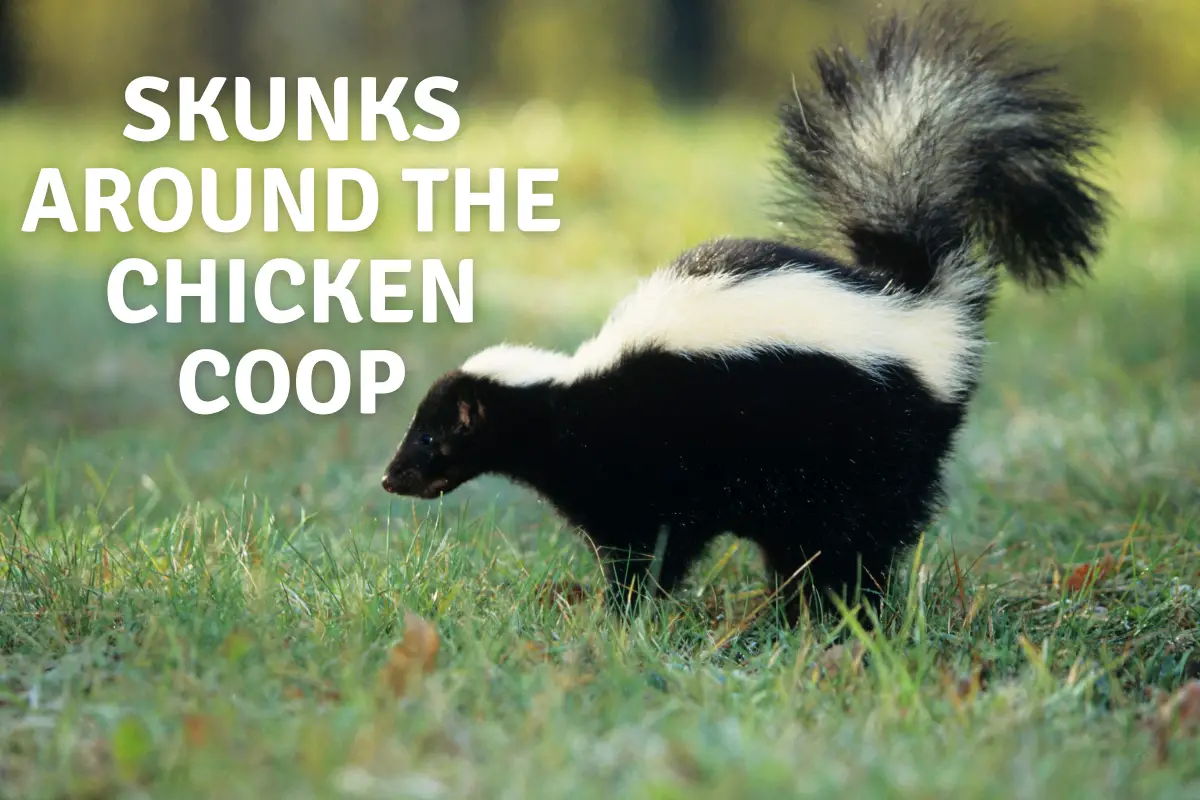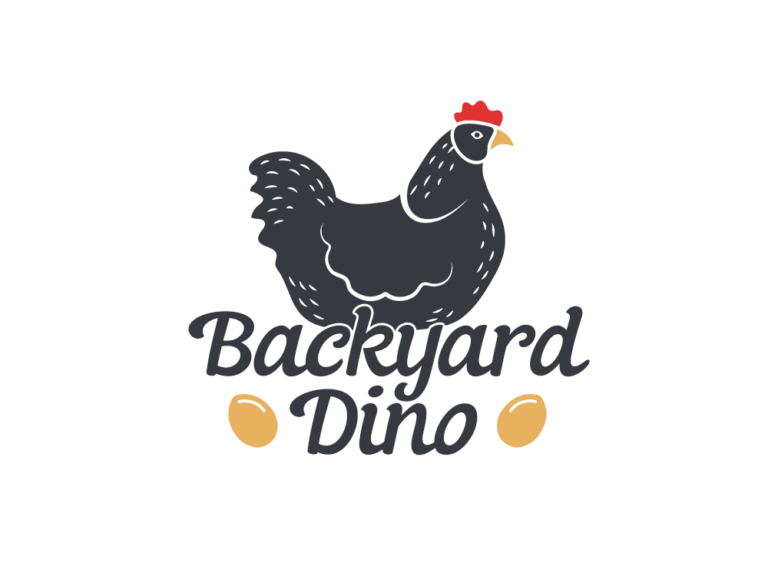There are many neighborhood predators of chickens, including some that will prey only on chicks or eggs as they are easier to attack than a grown chicken. One of the most common neighborhood predators of chicks or eggs is the skunk.
Skunks will eat eggs when presented with the opportunity. In general, skunks will eat an egg by cracking open the egg and eating only the egg yolk, leaving behind the majority of the eggshell. Eggshells are not particularly nutritious or satisfying for skunks and they will not eat the eggshell.
Unfortunately, skunks seem to be prevalent in my neighborhood, so I have experience with them in my yard and around my chicken coop. Keep reading to learn more about what skunks will eat around your chicken coop and how to protect your fresh eggs from skunks.
Typical Diet of Skunks
Skunks are omnivores and will feed on both small animals and plants.
The majority of a skunk’s diet consists of small animals, including grubs, earthworms, mice, and frogs. Skunks will also eat small birds that they find on the ground. This typically includes wild baby birds that have fallen out of a nest or young chicks that are on the ground.
These type of animals are easy for a skunk to eat since they do not require much strength for the skunk to attack. While skunk’s have their terrible smelling spray they use for defensive purposes, they are not great hunters like other predators, such as minks or raccoons.
Pet food also makes a convenient meal for a skunk. Pet food from your own pets that is left out overnight makes an easy meal for skunks and other pests. People who feed neighborhood or feral cats often leave food out 24/7 and this will attract skunks, among other pests like raccoons.
When a skunk is unable to find easy-to-kill small animals for a meal, they will resort to foraging for plants. Skunks will eat nuts, berries, and grasses. Keep in mind, though, that plants are not a skunk’s preference for their diet and they will only eat this when there is no other prey easily available.
Like most mammals, skunks prefer to eat sources of food that provide high levels of protein for increased energy. Eggs are high in protein making the perfect meal for an opportunistic predator like the skunk. The eggshells consist primarily of calcium making them less likely for a skunk to eat them.
In addition to eating small animals or foraging for plants, skunks need water to survive. Sources of water include pet water bowls, bird baths, and pools. A leaking outside water faucet can also serve as a source of water for the neighborhood pests (I know from experience…).
Skunks typically remain on the ground and do not climb like raccoons so they will eat food sources that can be easily accessed from the ground. Your chicken coop has to be accessible to your flock to walk in and out, making it also accessible to skunks. If a skunk is able to get inside your chicken coop, they will crack open any eggs, eat the yolk, and leave the eggshells behind.,
Signs of a Skunk in Your Yard
Since skunks are nocturnal, you might never actually see one in your yard. Skunks are most likely to be seen outside in the evenings or early mornings when they have left their home and travel to find food.
There are several telltale signs that you have had a skunk in your yard even if you never actually seen one:
- Scent of a skunk. This is the most obvious sign that you have a skunk in the vicinity. The scent of a skunk smells like sulfur or rotten eggs. This odor can travel over a mile and can linger for hours. Generally, the stronger the odor, the closer or more recent the skunk was in your yard.
- Small holes dug throughout your yard. Another sign that you have a skunk is the small holes they will dig throughout your yard. They will dig small holes, roughly the size to hold a ping pong ball, at night when they are foraging for food. Skunks will dig these holes in the most random of places throughout your yard, including the lawn, garden, and flower beds.
- Crawl spaces under fences. Skunks will follow a path throughout your yard that is also used by other animals. If you notice there is a crawl space dug under a fence, this can be used by skunks to travel from one side of your yard to another. While they might not dig the crawl space themselves, they will definitely take advantage of the pathway. There can also be crawl spaces made by animals under the deck or a building and skunks can live in these areas during the day.
At my house, we have all these signs of a skunk. Our bedroom is on the second floor of the house and there are some nights when I wake up and can smell a skunk odor. They will use the crawl space under the fence outside our bedroom at night and something must frighten them because they will spray.
I have seen a skunk by this fence recently. The sun had just gone down enough that it was dim outside and I saw a skunk walking away from the crawl space and towards the porch. I called for Steven to come see the skunk outside and he decided to use his slingshot to shoot pecans to scare away the skunk (don’t ask me why this was his first idea when I told him there was a skunk).
Skunks have horrible eyesight and was not able to see Steven who was about 15 feet away. The skunk froze still until Steven came back inside. After about 5 minutes, the skunk must have figured the threat was gone and walked away. By this time it was dark outside and without the help of a flashlight the skunk would not be seen.
It’s not uncommon for me to find small holes throughout the yard in the morning when I go to let out the chickens from their coop. Some mornings I don’t find any new holes, while other mornings I will find about half a dozen new holes. It’s like a skunk (or skunks) decided to dig up all the grubs they could find in the yard. While this is helpful for our lawn, I don’t particularly want skunks near my chicken coop (or me)!
How to Protect Your Eggs from Skunks
Once skunks find a convenient place to get food, they will be back night after night and train their offspring that your yard is a good place to find dinner.
There are a few things you can easily do to keep skunks from visiting your yard and feasting on eggs:
- Keep chicken coop locked between dusk and dawn. This is when skunks leave their homes and go looking for food. If the chicken coop door is still open by the time the skunks come out for the night, they can easily walk right into the coop and eat any eggs (or baby chicks) that are in the coop. I recently watched a video on YouTube where a man checked his chicken coop one morning and found two skunks in the nesting boxes. The skunks most likely got into the chicken coop the previous night and got locked in. Luckily, none of his chickens were harmed. This is most likely due to his chickens being full-grown, which deters most skunks from trying to attack them due to their large size.
- Remove any dirty or broken eggs from around chicken coop. This is an easy way to keep predators away from your coop. When eggs fall out of the nesting boxes or get laid by your hens in random places throughout the run or yard it serves as an open invitation to any predator to come and have an easy meal. What typically happens at my house is that either myself or Steven will drop an egg when we get them out of the nesting boxes (this is when we forget to bring our egg basket to collect eggs). The best thing to do when an egg is dropped, is to get rid of the evidence right away. If you have a dog, let them eat the egg from the ground to prevent it from going to waste. I would not recommend letting the chickens eat the egg if you can help it. Once chickens have the taste of raw eggs, they will purposefully break eggs to eat them and it can be a difficult habit to break. You can try picking up the egg if the shell has not broken entirely and place it in the trash. Otherwise, you can use the garden hose to wash away the egg yolk into the yard.
- Put up chicken feed and pet food at night. Chicken feed and pet food is a great meal for many pests, including skunks, rats, raccoons, and opossums. It’s a good habit to always put up the chicken food at night. Once it’s dark outside, the chickens will not be eating or drinking so they are not at risk of getting hungry or thirsty at night if you put these things up. When it’s dark, chickens will roost and be very quiet until there is light in the morning.
- Empty water dishes at night or place sources of water away from coop. This is the same as above: chickens will not drink at night so you can put up their water. Neighborhood pests and predators will drink from any sources of water that are available. Your goal is to make your yard as least appealing as possible to anything that could harm your chickens or eat their eggs.
- Keep trash cans closed, especially if they are near coop. This seems obvious, but open trash cans are an open invitation to pests. The scent of trash will draw in many pests and predators, including skunks, rats, and raccoons, so it’s best to keep a lid on the trash can.
- Keep an eye on compost pile. Many people who have backyard chickens will also have a compost pile (we do!). Sometimes this compost pile can have fresh(er) waste on top that draws in pests. Make sure you are properly rotating the pile and taking care of it to reduce the attractiveness of the pile to pests and rodents.
While you may not be able to keep skunks out of your yard entirely, these tips can help you to protect your flock and their eggs. These actions can also help to keep other predators, such as rats, raccoons, and opossums, out of your eggs too.


